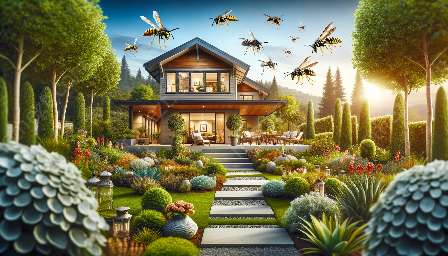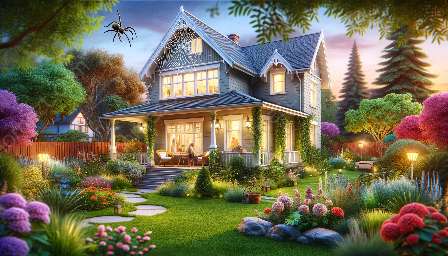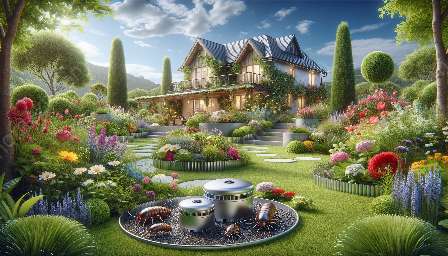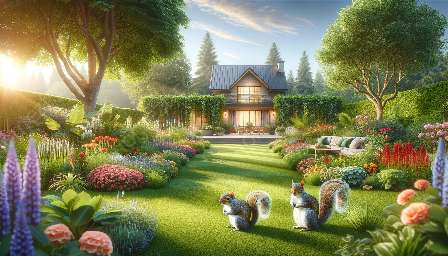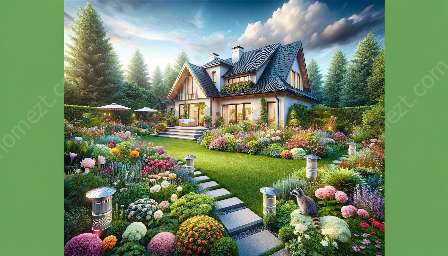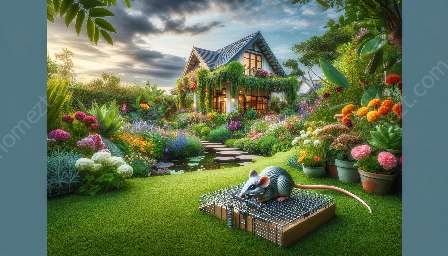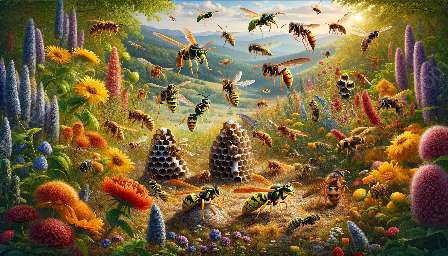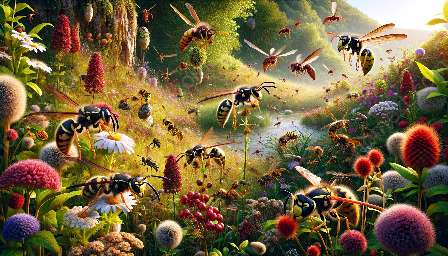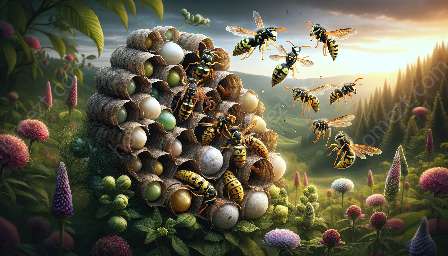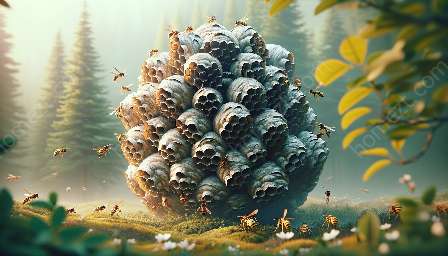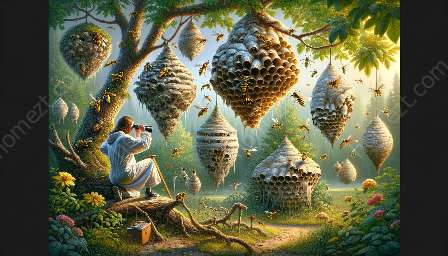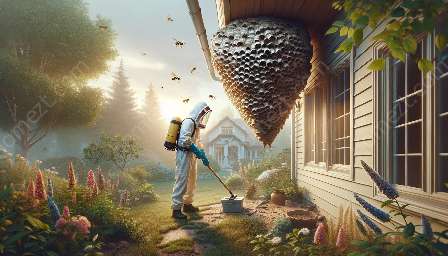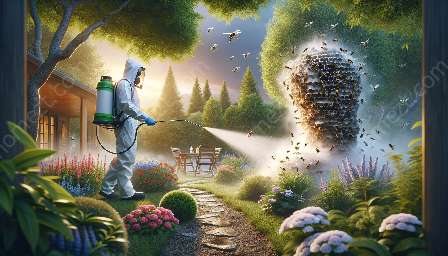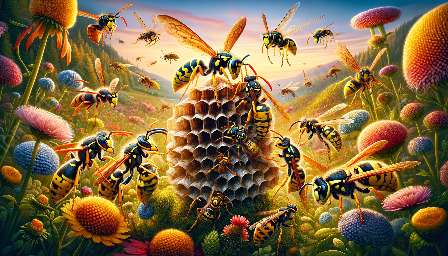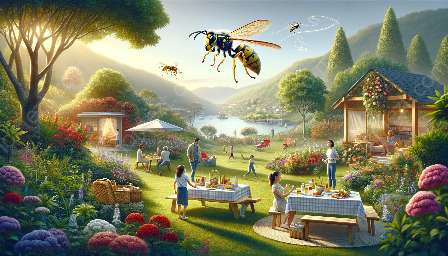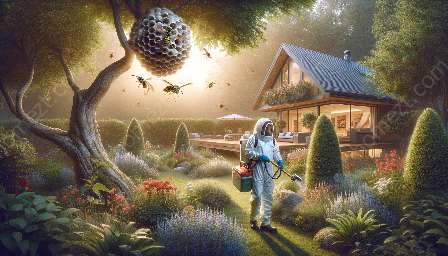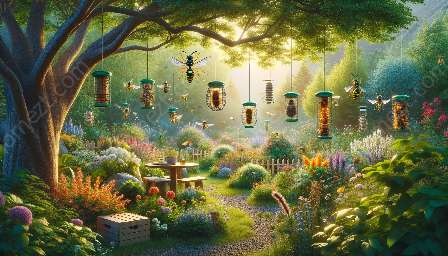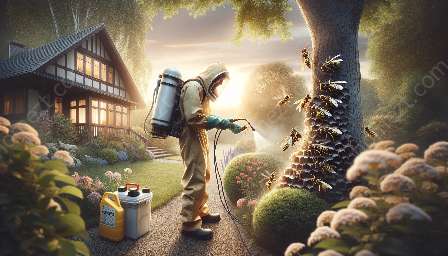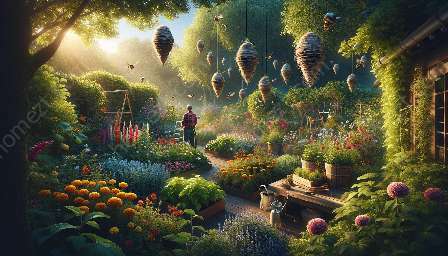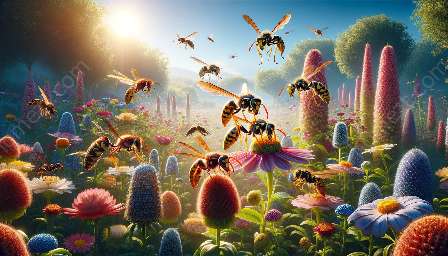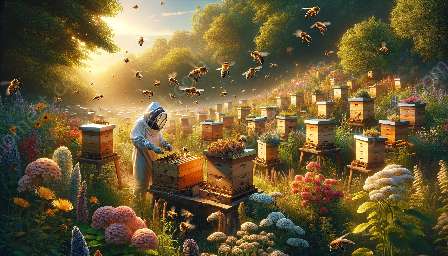Introduction to Wasps
Wasps are often misunderstood creatures, often eliciting fear in those who encounter them. However, these insects play an important role in the ecosystem, helping to control other insect populations and aiding in pollination. Learning to coexist with wasps is crucial for maintaining a balanced and healthy garden environment.
Understanding Wasp Behavior
Before implementing pest control measures, it's essential to understand the behavior of wasps. There are various species of wasps, each with its unique characteristics. Some build nests in the ground, while others construct their homes in elevated areas such as trees, shrubs, or even man-made structures. Understanding the specific habits and patterns of the wasps in your area will help in devising effective pest control strategies.
Identifying Wasp Nests
Spotting a wasp nest is crucial for effective pest control. Nests can vary in size and appearance, with some resembling papery, umbrella-shaped structures and others resembling small holes in the ground. Regular inspection of your property can help identify nests early, allowing for timely intervention.
Pest Control Measures for Wasp Management
When it comes to managing wasps in a home and garden setting, it's essential to prioritize eco-friendly and sustainable pest control methods. Some options include:
- Creating Wasp-Friendly Zones: Designate a specific area in your garden for wasps, planting flowers and herbs that attract them away from high-traffic areas.
- Using Wasp Traps: Homemade or store-bought wasp traps can help reduce wasp populations in specific areas without harming other beneficial insects.
- Professional Pest Control Services: For severe infestations, consulting with pest control professionals who specialize in eco-friendly measures can effectively manage the issue while ensuring minimal impact on the environment and garden ecosystem.
Beneficial Aspects of Wasps in Gardens
While the presence of wasps may cause concern, it's important to recognize their positive contributions to the garden ecosystem. Wasps aid in controlling pest populations, particularly those that can damage garden plants. By managing the populations of harmful insects, wasps indirectly contribute to a healthier and more vibrant garden.
Supporting a Diverse Garden Ecosystem
Creating a diverse and balanced garden ecosystem is crucial for natural pest control. Encouraging the presence of beneficial insects, including wasps, can help maintain a healthy balance within the garden. Planting a variety of flowers, herbs, and native plants can attract a range of beneficial insects, fostering a thriving ecosystem that naturally manages pest populations.
Conclusion
By understanding the role of wasps in the garden ecosystem and implementing sustainable pest control measures, it's possible to coexist with these beneficial insects while promoting a healthy and vibrant garden. Embracing eco-friendly pest control strategies not only ensures a sustainable approach to managing wasps but also contributes to the overall well-being of the garden environment.








